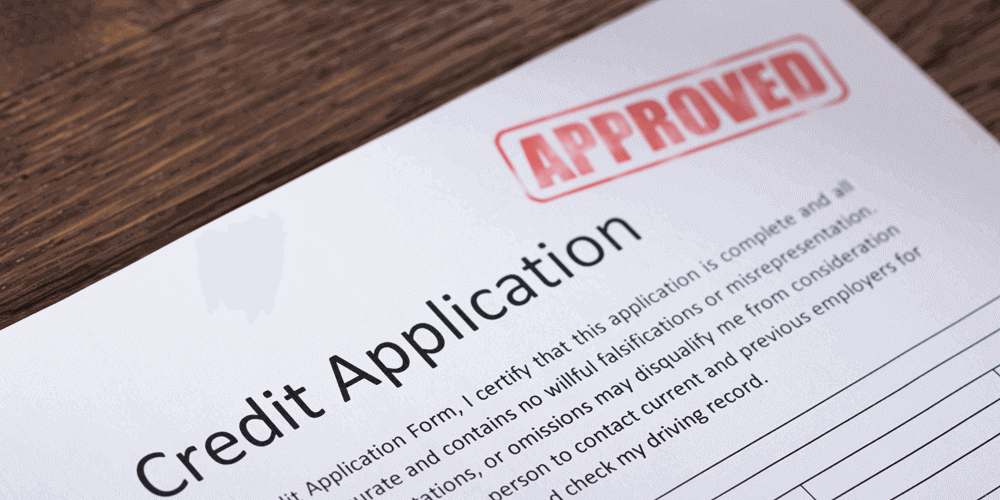What is a Home Equity Loan?


Highlights:
- Home equity loans allow you to borrow money using the equity you've built in your home as collateral.
- Home equity loans can be used at the borrower's discretion to fund major expenses such as home renovations, debt consolidation, college tuition and more.
- Because home equity loans are secured by your property, failing to make your monthly payments may have serious legal and financial consequences, including foreclosure.
Home equity loans allow you to borrow money using the equity you've built in your home as collateral. These loans can help you cover some of life's largest expenses, such as funding a major renovation, reducing debt or paying for higher education.
Learn what a home equity loan is and consider the pros and cons of this popular financing option.
What is home equity?
Home equity refers to the difference between your home's market value and the amount you owe on your mortgage, also known as your principal. Most homeowners first gain equity by making a down payment on their property at the time of purchase. You then add to your home equity each time you make a mortgage payment.
How does a home equity loan work?
Borrowers need to have built a significant amount of equity to qualify for a home equity loan. While exact numbers vary from lender to lender, you'll generally be expected to have paid at least 15% to 20% of your home's value. You'll also need good credit scores and a low debt-to-income ratio (a measurement that compares the total amount of debt payments you owe every month to your gross monthly income).
Once approved by a lender, you'll receive a lump sum of money based on a percentage of your total home equity. Usually, home equity loans are limited to 80% of your home equity. They typically come with a fixed interest rate and have a term of five, 10 or 15 years. You'll generally be expected to begin repayment immediately after receiving the loan.
Because these loans are secured by your home equity, failing to honor your monthly payments may have serious legal and financial consequences, including foreclosure.
What can a home equity loan be used for?
Cash from a home equity loan can be used at the borrower's discretion. But because home equity loans are issued in large lump sums, they're typically reserved for substantial expenses.
You might take out a home equity loan to:
- Consolidate debt
- Pay college tuition
- Fund home renovations
- Pay for a wedding
- Purchase a vehicle
- Start a small business
Home equity loans vs. HELOCs
Home equity lines of credit (HELOCs) are a common alternative to home equity loans. HELOCs also let you borrow money using your home's equity as collateral. However, while home equity loans are distributed as a lump sum all at once, HELOCs offer access to funds on an ongoing, as-needed basis.
In many ways, a HELOC functions much like a credit card. When you qualify for a HELOC, your lender will set a credit limit for your account. You can withdraw up to this maximum amount, and as you repay your outstanding balance, the available funds gradually increase. HELOCs typically feature variable interest rates. However, you only pay interest on the money you borrow, rather than on the full amount of credit for which you qualify.
Because of these differences, a HELOC might be a better option if you need continuous access to a smaller amount of money, rather than the large lump sum you'd get with a home equity loan.
Pros and cons of home equity loans
Remember, if you take out a home equity loan, you'll be putting your house on the line as collateral. So, you'll need to carefully weigh the pros and cons.
Some potential benefits to home equity loans are:
- Fixed interest rates. Home equity loans have fixed interest rates, meaning you'll owe predictable monthly payments without the hassle of surprise rate increases.
- Flexibility. You can use the funds from your home equity loan for any expense.
- Access to a large, lump sum of money. With a home equity loan, you'll receive enough money upfront to cover substantial expenses.
- Lower interest rates than other credit options. Because home equity loans are secured, they tend to have lower interest rates than personal loans or credit cards.
Drawbacks to home equity loans include:
- Limited, one-time access to funds. Home equity loans only offer funds on a one-time basis. HELOCs are a better option if you'll need to draw on your credit more often.
- Expensive closing costs. Closing costs for home equity loans can be as expensive as cash-out refinance loans and other alternatives.
- Limited accessibility. Most lenders require you to have 15% to 20% equity in your home — along with good credit scores and limited debt — for approval. You may not qualify if you don't meet these prerequisites.
- Chance of foreclosure. When you take out a home equity loan, you risk losing your home. That's because your property is used as collateral. If you don't make your monthly payments, your lender may initiate foreclosure proceedings.
If you're considering a home equity loan, be sure to weigh your options carefully.
You can enroll in Equifax Core Credit™ for a free monthly Equifax® credit report and a free monthly VantageScore® 3.0 credit score, based on Equifax data. A VantageScore is one of many types of credit scores.

Sign up for a credit monitoring & ID theft protection product today!
For $19.95 per month, you can know where you stand with access to your 3-bureau credit report. Sign up for Equifax CompleteTM Premier today!



